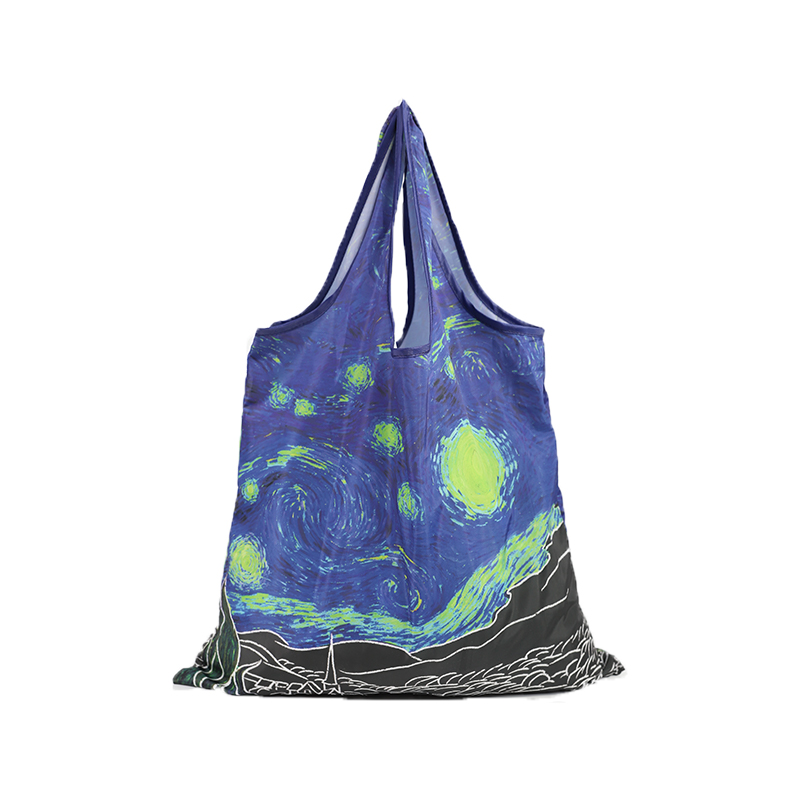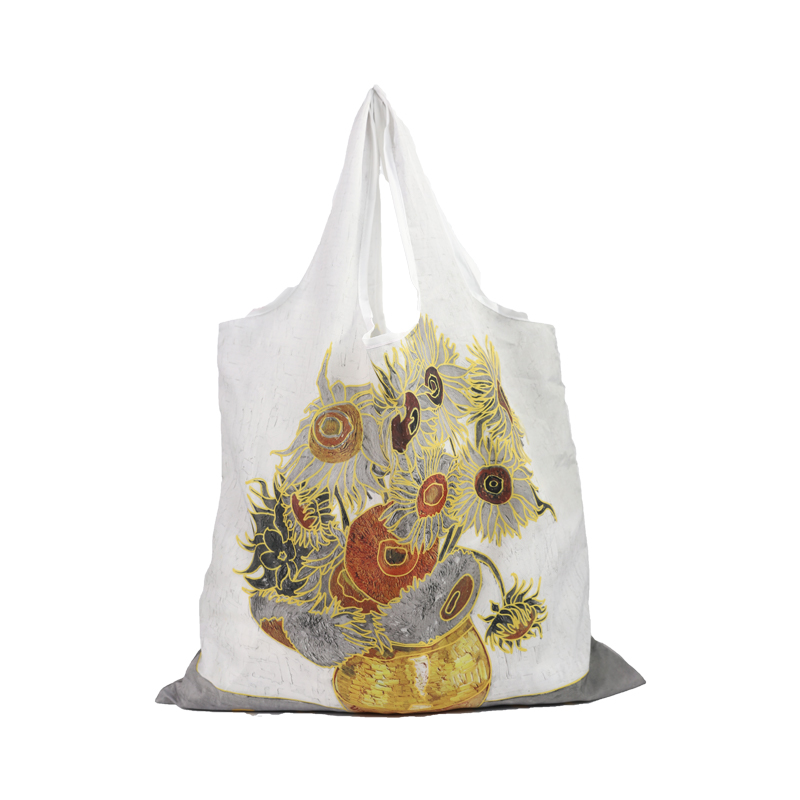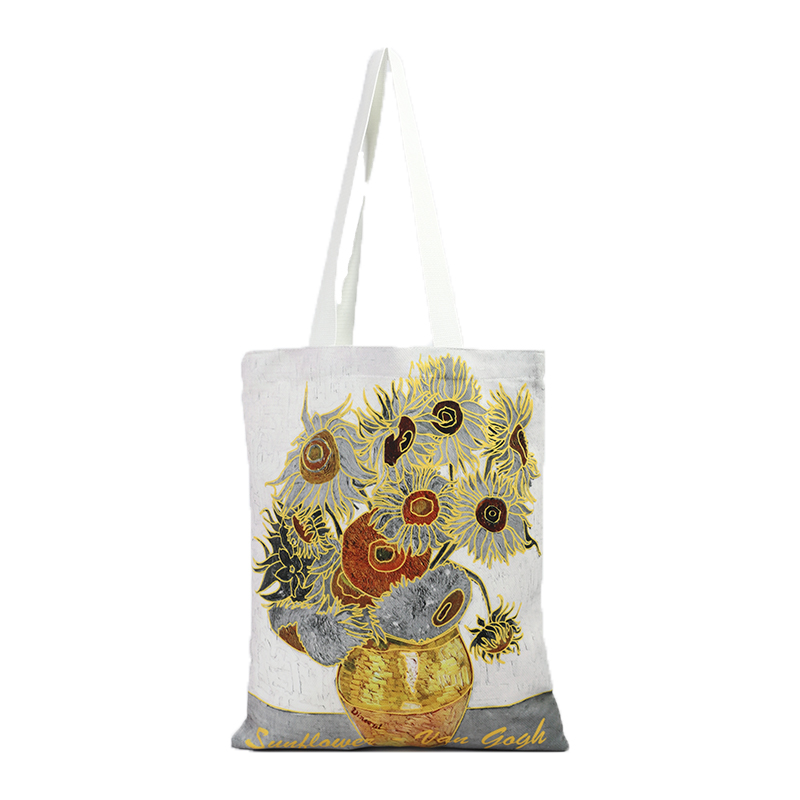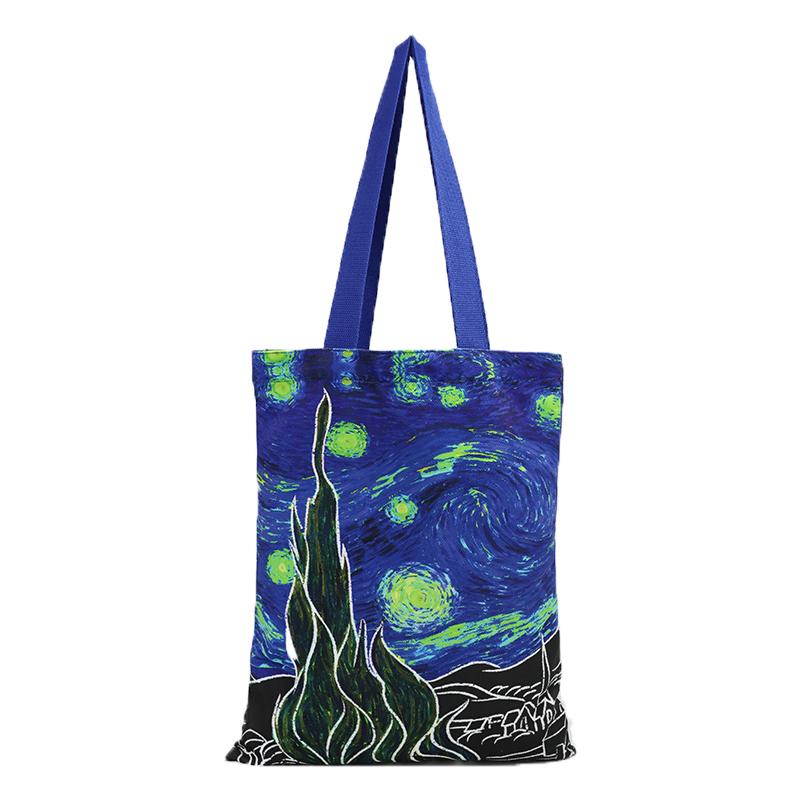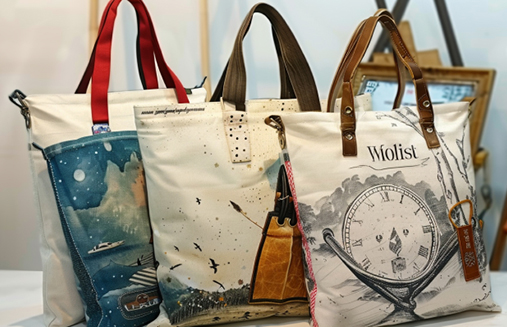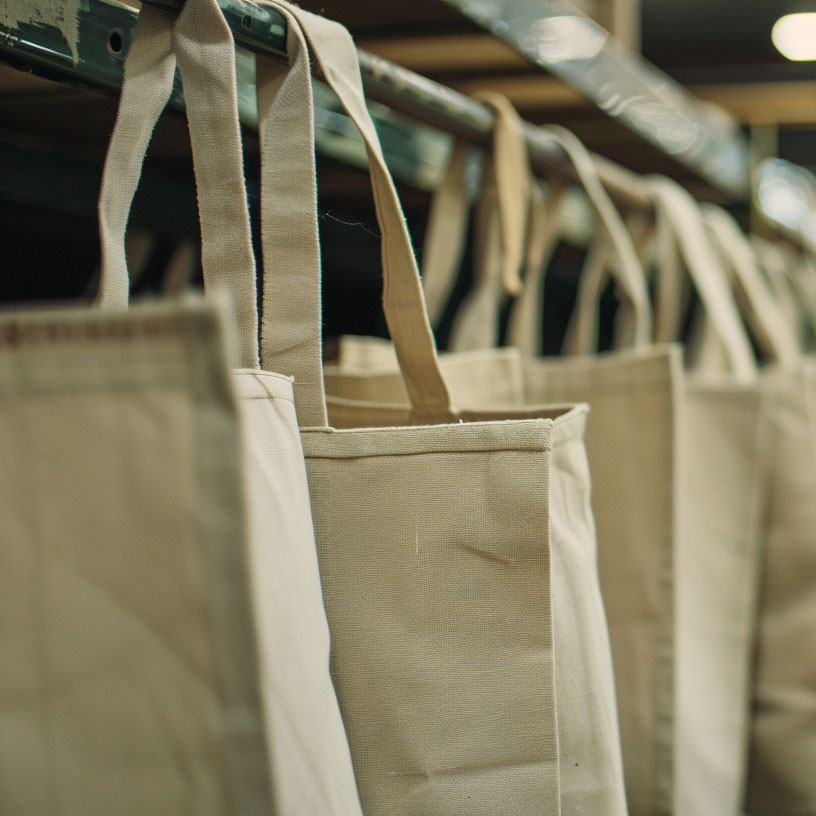
Sustainable Fashion: How Canvas Bag Production Reduces Environmental Impact
In recent years, the fashion industry has seen a significant shift towards sustainability, with consumers increasingly prioritizing environmentally friendly products. One such sustainable fashion item that has gained immense popularity is the canvas bag. The production and use of canvas bags play a pivotal role in reducing environmental impact, aligning with the growing demand for eco-conscious fashion choices. In this blog, we will delve into the ways in which canvas bag production contributes to sustainability, ultimately lessening the industry's environmental footprint.
The Evolution of Sustainable Fashion
Understanding Environmental Concerns
The fashion industry, known for its fast-paced trends and extensive production processes, has long been associated with environmental concerns. From excessive water usage to textile waste and chemical pollution, the industry's impact on the environment has been a cause for growing apprehension among consumers and environmental advocates alike.
Embracing Sustainable Practices
In response to these concerns, the concept of sustainable fashion has emerged, emphasizing ethical and eco-friendly practices across the entire supply chain. Sustainable fashion seeks to minimize environmental impact, promote fair labor practices, and offer products that are durable and environmentally responsible. Canvas bags have emerged as a prime example of sustainable fashion, effectively addressing these concerns.
Canvas Bag Production: A Sustainable Choice
Utilization of Eco-Friendly Materials
The production of canvas bags revolves around the use of eco-friendly materials, such as organic cotton and hemp. Unlike conventional synthetic materials, these natural fibers are biodegradable and have a significantly lower environmental impact. By opting for sustainable materials, canvas bag production reduces the reliance on non-renewable resources and minimizes the release of harmful chemicals into the environment.
Reduced Energy Consumption
Compared to the manufacturing processes of synthetic bags, the production of canvas bags requires less energy. The use of natural fibers and eco-friendly dyes, coupled with simplified manufacturing processes, contributes to reduced energy consumption. This emphasis on energy efficiency aligns with the principles of sustainable fashion, further positioning canvas bags as an environmentally responsible choice.
Customized Services in Sustainable Fashion
Personalization and Longevity
Customized services play a crucial role in sustainable fashion, as they promote the concept of longevity and personal attachment to products. Canvas bags, with their customizable features, allow consumers to express their individuality while forging a deeper connection with their belongings. This personalization fosters a sense of ownership and value, ultimately leading to longer product lifespans and reduced consumption.
Reducing Fast Fashion Culture
The rise of customized services in sustainable fashion challenges the fast fashion culture characterized by mass production and disposability. By offering personalized options, canvas bags encourage consumers to invest in products that align with their personal style and values, steering away from the cycle of rapid trend turnover and excessive consumption.
Environmental Benefits of Canvas Bags
Reusability and Durability
One of the hallmark features of canvas bags is their reusability and durability. Unlike single-use plastic bags, canvas bags are designed to withstand multiple uses, reducing the need for disposable alternatives. Their robust nature not only minimizes waste but also contributes to a significant decrease in the production of short-lived, environmentally harmful bags.
Mitigating Plastic Pollution
The use of canvas bags directly contributes to mitigating plastic pollution, a pressing environmental issue. By opting for canvas bags over plastic alternatives, consumers actively participate in reducing the volume of single-use plastic bags that end up in landfills and oceans. This collective effort towards plastic waste reduction underscores the positive environmental impact of canvas bags.
Conclusion: Canvas Bags as a Sustainable Fashion Choice
In conclusion, the production and utilization of canvas bags exemplify the essence of sustainable fashion, offering a tangible solution to minimize the environmental impact of the fashion industry. By prioritizing eco-friendly materials, energy efficiency, and customized services that promote longevity, canvas bag production stands as a testament to the industry's potential for positive environmental change. As consumers continue to embrace sustainable fashion choices, canvas bags serve as a compelling example of how fashion can harmonize with environmental responsibility, catering to the evolving needs of conscientious consumers.




